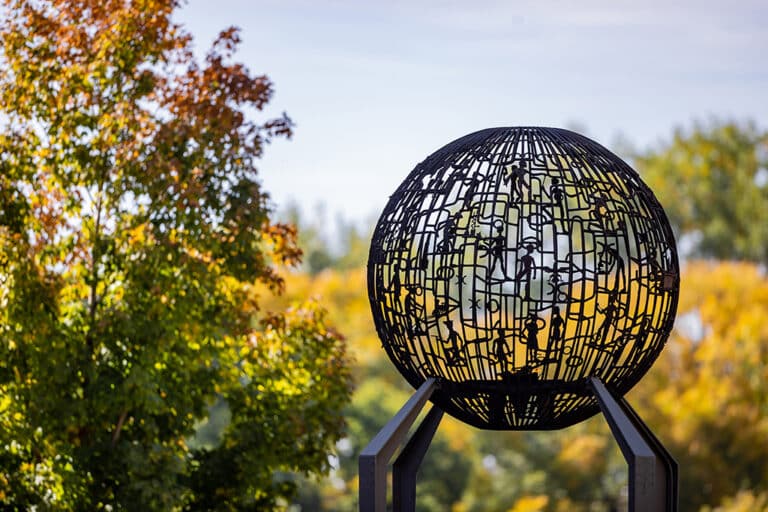The College of Engineering & Mines has big plans for the future, and Harrington Hall’s current renovations are kicking off the first phase of this pioneering effort to offer students education in national security. Read more.

The College of Engineering & Mines has big plans for the future, and Harrington Hall’s current renovations are kicking off the first phase of this pioneering effort to offer students education in national security. Read more.